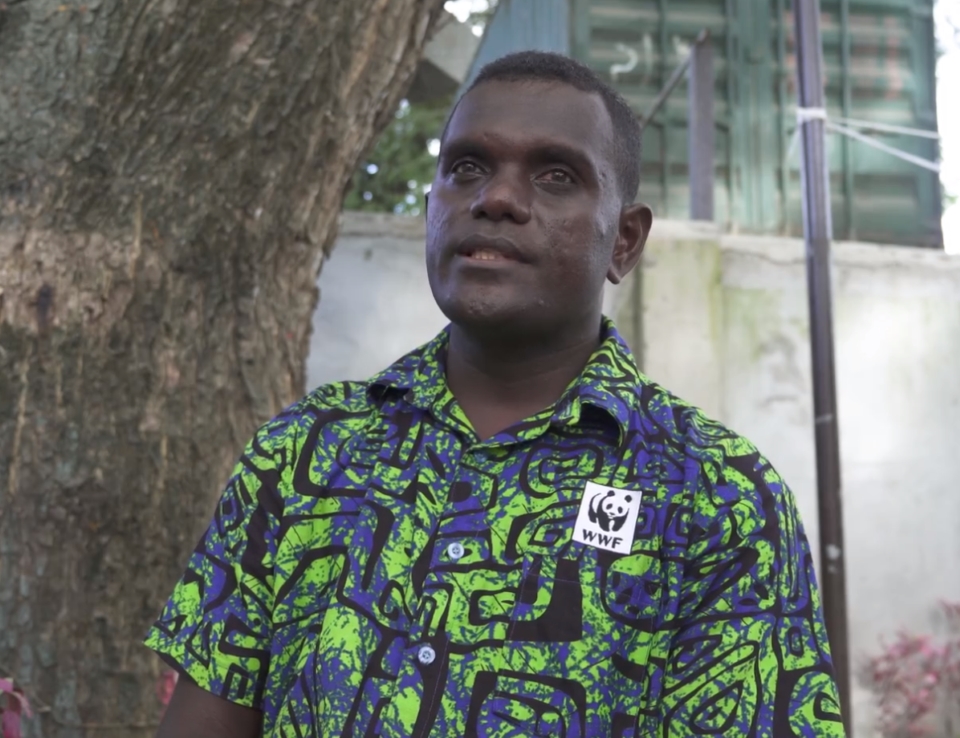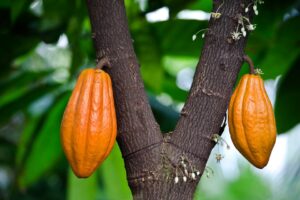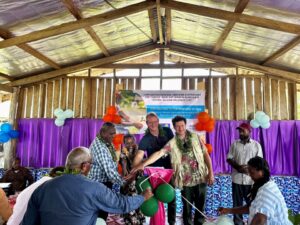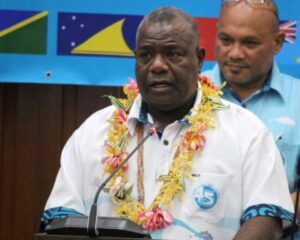BY JOHN HOUANIHAU
THE Worldwide Fund for Nature Solomon Islands in partnership with Australian Government are collaborating with 18 communities to focus on marine resources, a crucial source of livelihood and income in the Solomon Islands.
Worldwide Fund for Nature Solomon Islands (WWFSI) program manager Conservation Henry Kaniki said they have established strong collaboration with the respective rural communities in the provinces of Western and Isabel in marine conservation projects.
“We call it project-based fisheries management. I understand at the national level the Ministry of Fisheries and Marine Resources (MFR) we call resource management,’’ Henry Kaniki told Solwata Blo Iumi in an exclusive interview. “So just like other NGO’s that work with communities managing certain resources from the sea, we are also trying to promote the livelihood of the communities. One good example I liked to put across is sea grapes. For communities that we work with, they only manage raw sea grapes and sell them at the market to meet their needs. Where we, the project, come in, which is supported by the Australian government, we are trying to come in in the process of adding value to sea grapes.”
He said the WWFSI invited one of the consultants from Indonesia to come and train locals on how to add value to sea grapes, where they produced sampoo, soap, noodle, and other kinds of products in December last year.
According to Kaniki, the WWFSI will organize a training with communities in Gizo next month (June) to produce products and find out how the products can go into the local market as a way of promoting local marine resources.
“So currently, we have been working with communities, especially in the western province, for the past 28 years, and slowly we are coming up to Isabel province. Most of the communities located in remote areas, such as Gizo or Munda, collect their income from the sea. With this increased population, overharvesting, and high demand, resources started to decline, so it became a challenge for them.
“Sometimes they have to spend more hours going fishing or going far in order to provide food for the children or even sell the product to meet their needs. The other issue is climate change. Because four of the communities we are working with in the western province are in terms of sea grape management, one of their issues is climate change,’’ Kaniki said.
He noted that due to the impact of climate change, it would start to affect the growth of the sea grapes.
“One of the solutions we see is to work with communities to actually manage those resources. One good example is the nature-based solution project that we are working on, supported by the Australian Government.
“We look at sea grapes, especially for those who reside around Gizo Island as well as at Boeboe on Ghohogo Island, where sea grapes are one of their sources of income. If women sell a single container of sea grapes, they can earn an amount of $1000-00 just for a couple of days. So, it is one of the main sources of income.
“So that is where management comes in. We look at mangrove management systems and seagrass ecosystems to help communities manage them so that those ecosystems stay healthy and provide good habitat for sea grapes.
“Not only that, but it also comes with management measures they have to put in place. Otherwise, if there are no management measures, it will affect production and supply. So, management for how to harvest those resources and management of those ecosystems,’’ he said.




